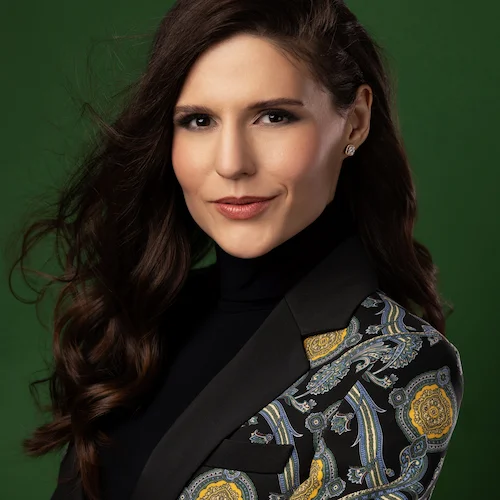Individuals all over the world assuming an array of leadership roles from corporate managers to entrepreneurs are assaulted with recommendations for building powerful personal brands. Whilst the importance of owning a coherent personal brand is undisputed, most leaders find themselves unable to properly navigate the fickle context of personal branding and fail to ever leverage their personal brands.
In all fairness, most advice one finds in the online environment in this respect is either produced by a copycat or by a team of distant researchers who offer pompous frameworks, but whom rarely self experiment with personal branding little more than publishing the aforementioned studies. The overarching theoretical frameworks for building powerful personal brands include a combination of the following ideas:
- Emphasis must be placed on the competence and personal qualities of the brand owner;
- Distinctiveness is essential in strategic branding;
- Personal branding is flexible and will change as one’s career changes;
- Everybody already has a brand whether or not they realize it.
There is a scarcity in personal branding literature produced by personal brand owners or individuals who have actually undergone a personal branding process. It is thus my intention to bridge this gap between theory and praxis.
I have been passionate about the development of my personal brand from a young age and have researched in both theory and practice the development and application of personal branding in numerous domains ranging from politics to business and popular culture.
Overall, implementing a personal brand in practice requires a strategic gradual system in which micro and macro factors should be considered. The practical process, which is different from its theoretical counterpart, should derive from the everyday reality of the individual.
Amongst the complications the brand owner encounters when undergoing the process of personal branding, are the following:
1. Inadequate resource allocation at each developmental stage;
Brand building is a business in itself and ought to be treated accordingly. The larger the investment, the higher the profit. The ROI associated with building a personal brand is slow in the incipient stages. The brand owner needs to be able to afford the process and to invest strategically.
2. Sending mixed messages to the target;
In order to maintain a coherent brand strategy, the brand owner needs to constantly behave on brand. Yet, most individuals find it very difficult to act in a strategic manner and to diffuse their impulses. Therefore, most brand owners are actually not as on brand as they would like to believe.
3. The time span associated with changing people’s perceptions as well as reaction time;
People have a longer reaction time than novice brand owners anticipate. Additionally, changing people’s opinions often takes years.
4. The skepticism regarding regional personal brands;
Most personal brand owners implement strategies that originate from the American market. These strategies rarely work for their local environment. On the other hand, they refuse to assume a personal brand in congruence with local trends. As a result, most are at a standstill and at a loss.
5. Branding fatigue and the desolation associated with constant rebranding;
Most brand owners are desolated by the time and effort it actually takes to build a personal brand and consequently quit by the time they would have achieved recognition.
6. Branded and viral content have little payoff;
Very few people want branded content into their feeds. Sponsoring content and buying ads on a regular basis is expensive. The kind of content that gets massive distribution without being sponsored will rarely benefit anyone’s professional career outside the entertainment business.
7. You are NOT a celebrity YET
Since you are not a celebrity you will not receive celebrity-like recognition. After the initial buzz of you having a personal brand dissipates; your entourage might become immune to your personal branding efforts.


